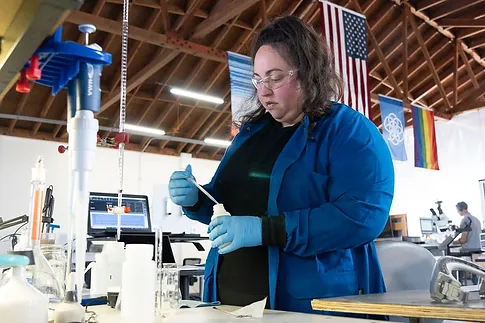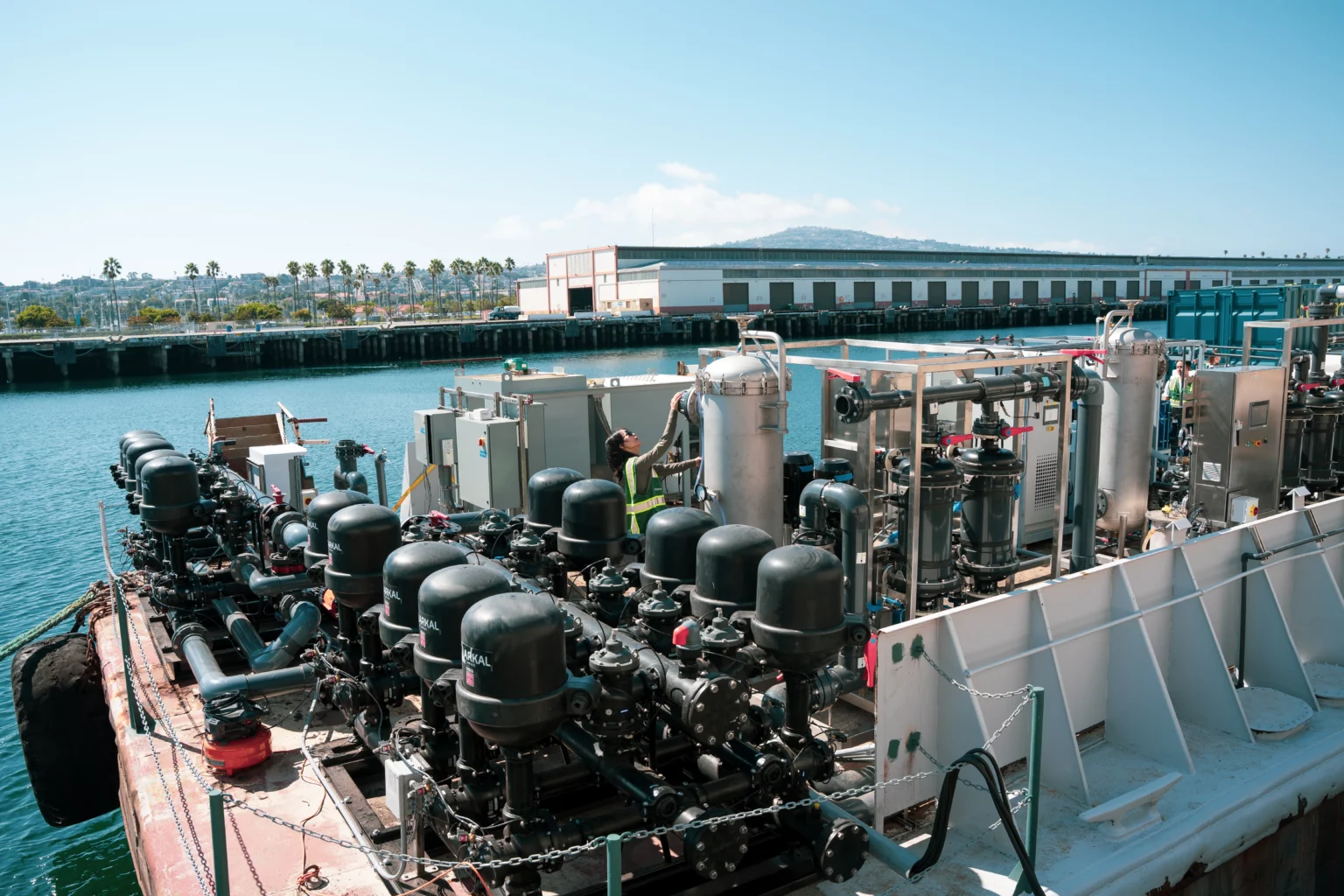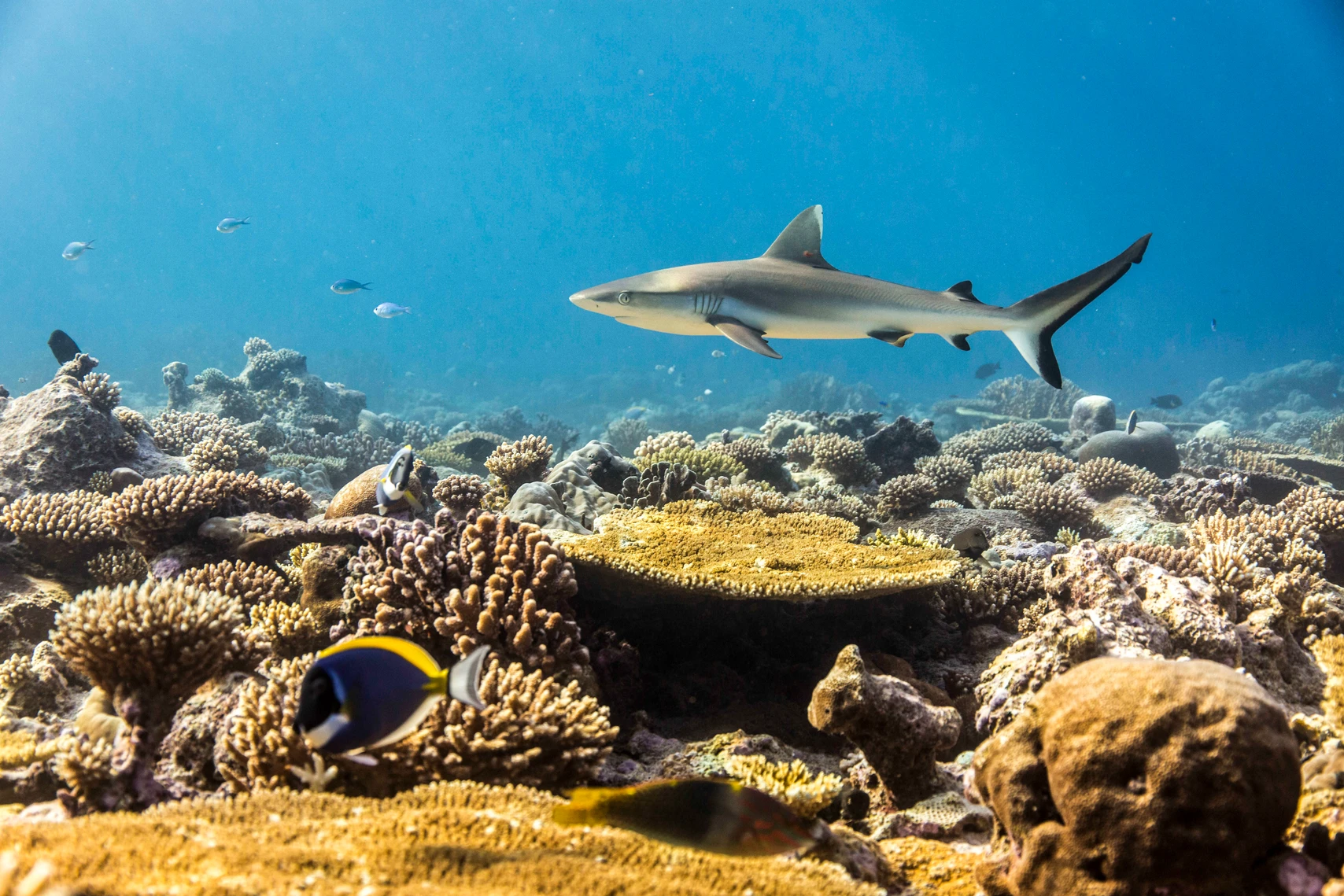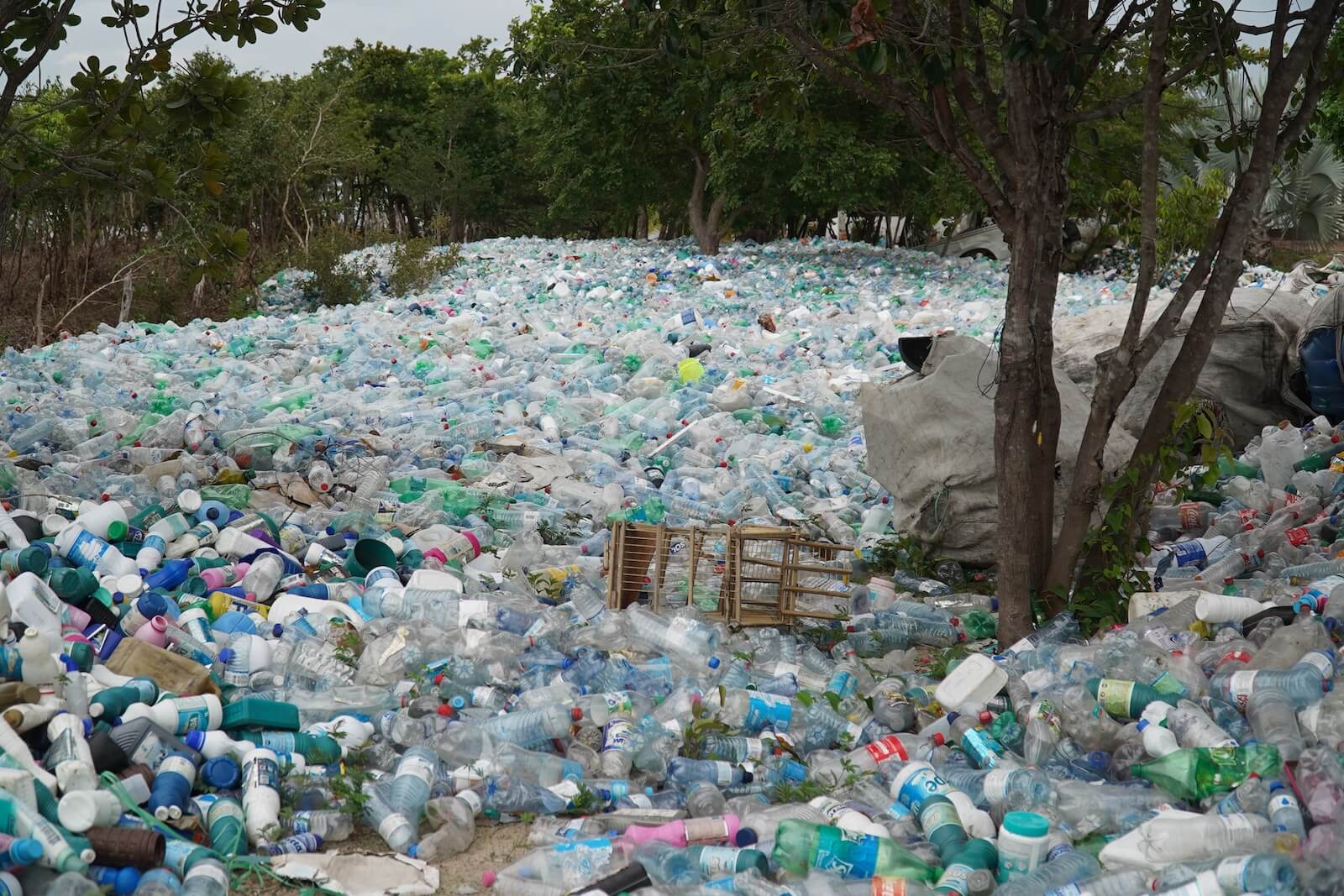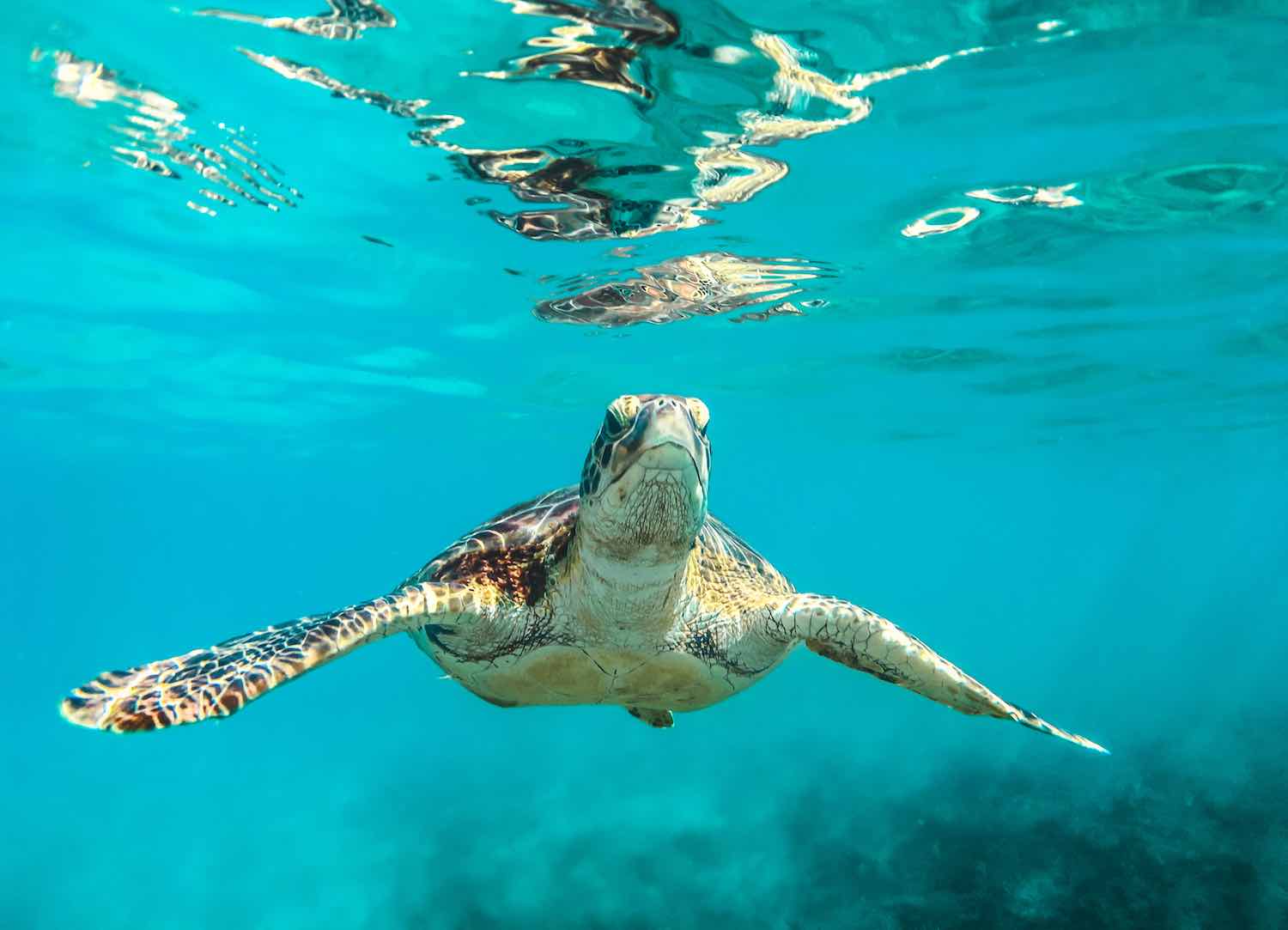ImpactAlpha, November 6 — Less than a decade ago, the number of ocean-focused impact funds could be counted on one hand.
Now, a wave of ocean-dedicated private investment funds are emerging to supercharge the underfunded sustainable ocean economy. The “blue economy” of regenerative ocean solutions has the potential to preserve and improve ocean health while driving economic growth for vulnerable coastal communities.
The number of ocean-focused funds has quadrupled since 2018 and capital invested in the sector has more than quintupled from $700 million in 2021 to close to $4 billion in 2023, according to Kate Danaher, who manages S2G Ventures’ $100 million Ocean and Seafood Fund.
“Increasing our investment in oceans-focused innovations can create systemic changes that advance ocean health, climate resilience and food security while also generating strong financial returns,” Danaher told ImpactAlpha. “Over the last few years, we’ve seen numerous oceans-focused funds and accelerators launch and many institutional investors enter the space.”
The Prince Albert II of Monaco Foundation, through a new joint venture private fund with Monaco Asset Management, is seeking to raise €100 million to make equity investments in high-impact companies with solutions for reducing ocean plastic pollution, regenerative and equitable blue food, green shipping and yachting, ocean data, and ocean restoration and protection.
Such a fund would have been a non-starter just four or five years ago, Olivier Wenden of the Monaco Foundation said last week at a New York convening hosted by Capricorn Investment Group.
“The world was not ready, there weren’t enough companies in the pipeline, the political momentum had not even started to move. But today, things have completely changed.”
Extensive pipeline
The ocean is critical for heat and carbon absorption, generating more than half of global oxygen supply and serving as a significant source of animal protein for more than three billion people globally. Centuries of overfishing, plastic pollution, coral bleaching, acidification and other negative climate impacts put all that at risk.
Some $175 billion of investment capital is needed annually until 2030 to achieve the United Nations’ Sustainable Development Goal 14, which targets “life below water.” Between 2015 and 2019, just below $10 billion was invested, making SDG No. 14 the least funded out of the 17 SDGs.
Estimates of the costs of failing to invest in regenerative and sustainable ocean solutions range from $200 billion to $1 trillion each year by 2100 in coastal protection, people relocation and loss of land to rising sea levels. Conversely, such challenges represent enormous investment opportunities.
The Organization for Economic Co-operation and Development, or OECD, projects the ocean economy could be worth $3 trillion by 2030 and create 40 million jobs worldwide.
Monaco Foundation and Monaco Asset Management have mapped out 700 ocean-focused companies, one hundred of which are in our verticals and meet our criteria of having €10 million or more in revenues,” Monaco Asset Management’s Anthony Torriani said at the event. “We’re confident that in two, three years from now, there will be 300 companies in our universe to consider.”
Since 2006, Monaco Foundation has deployed over €100 million in philanthropic capital to planetary health solutions, including ocean health. The ReOcean Fund will invest in more than a dozen growth-stage blue economy ventures over the next three years.
“The companies that we’re looking at now, the timing is absolutely exceptional [since] capital is extremely difficult to come by,” says Torriani. “We’re going to frontload our investments and we’re going to deploy very quickly because the pipeline is extensive and there’s no capital available.”
Blue strategies
S2G Ventures, which closed its $100 million oceans and seafood fund in 2020, invests in early- and growth-stage companies developing alternative proteins, aquaculture and supply chain innovation, traceability and transparency, algae and seaweed, ecosystem services and ocean health solutions.
The Chicago-based investment firm is part of Builders Vision, the impact platform and family office of Walmart heir Lukas Walton.
The portfolio of S2G’s sustainable oceans and seafood fund includes Canada’s ReelData, which uses sensors and AI technology to help farmers manage land-based aquafarms. Israeli biotech venture ViAqua Therapeutics is developing a feed supplement to improve resistance against diseases for aquaculture. California’s Moleaer makes chemical-free “nanobubbles” that can improve water treatment, food production and resource recovery.
“We’ve been blown away by the innovation and the excitement in the oceans investing ecosystem, along with the number of opportunities to back dedicated entrepreneurs,” says Danaher, who was previously with RSF Social Finance.
The Sustainable Ocean Alliance in September added 11 “ecopreneurs” to its network of ocean-based startups. The new cohort includes Rome-based biotech startup Ittinsect, which produces fish and animal feed based on insects, microalgae, and agricultural by-products. Photon Marine, in Portland, Ore., is developing electric outboard motors to replace gas-powered motors in commercial boating fleets. San Francisco-based Reefgen makes robots for planting coral and seagrasses to restore coastal ecosystems.
In March, French asset manager SWEN Capital Partners closed a €170 million Blue Ocean Fund to invest in ocean health and ecosystem regeneration.
Last year, Circulate Capital clinched a $53 million private equity ocean fund to invest at the intersection of climate tech, plastic recycling and the circular economy. The Singapore-based firm raised an additional $20 million this year towards a larger $150 million target ocean strategy focused on Latin America, an SEC filing shows.
Circulate has been investing in recycling and waste-reduction efforts to keep plastic out of oceans and waterways through an inaugural $112 million ocean fund since 2019.
Also last year, impact investor Pegasus Capital Advisors raised $170 million for the Global Fund for Coral Reefs, which is seeking $625 in blended financing to protect critically-threatened coral reefs and vulnerable coastal communities.
The fund is backed by a public-private consortium that includes global government agencies, financial institutions, philanthropic organizations and impact investors, including Monaco Foundation, Bloomberg Philanthropies, Green Climate Fund and the federal governments of Germany, France, Canada, the UK and the US.
Mirova closed a $132 million sustainable ocean impact fund in 2020 to invest in sustainable fisheries, aquaculture, marine conservation and ocean conservation.
London-based Ocean 14 Capital has raised €160 million for a target €200 million fund to invest in growth-stage sustainable fish and aquaculture, alternative protein and ocean health and conservation.
“These are all great indications that the conditions are ripe to start moving serious capital in this direction,” says Danaher. “As oceans-focused innovations begin to demonstrate both commercial results and environmental impact, we anticipate investment will continue to increase and inspire interest from broader climate funds.”
Innovative finance
Mark Spalding of The Ocean Foundation, a Washington, DC-based nonprofit that works with governments, foundations and other investors to finance ocean conservation projects, says additional capital could be mobilized with innovative financing instruments such as “blue bonds.”
Since the Seychelles pioneered the blue bond with a debt-for-nature swap in 2018, several other island and coastal nations, including Belize, Barbados and Ecuador have used similar mechanisms to raise capital for ocean conservation.
But blue bonds pale in number compared to the more mature “green” bond market. “There have now been a few sovereign blue bonds and corporate blue bonds. More of that is needed,” Spalding says.
In August this year, the US International Development Finance Corp. provided a $500 million political risk guarantee to support marine preservation and restoration in the central African nation of Gabon.
The Ocean Foundation has partnered with Rockefeller Capital Management on a series of public equities funds since 2011. In 2020, Rockefeller and The Ocean Foundation helped Credit Suisse, now owned by UBS, roll out a $212 million sustainable oceans equity fund.
“If we think of all the services the ocean provides, figuring out how to make it healthy again, restore its health and abundance so that we don’t lose its capacity to be a temperature and carbon sink, and contribute to food security,” Spalding told ImpactAlpha, “then we are doing the right thing for pursuing all of those things.”



